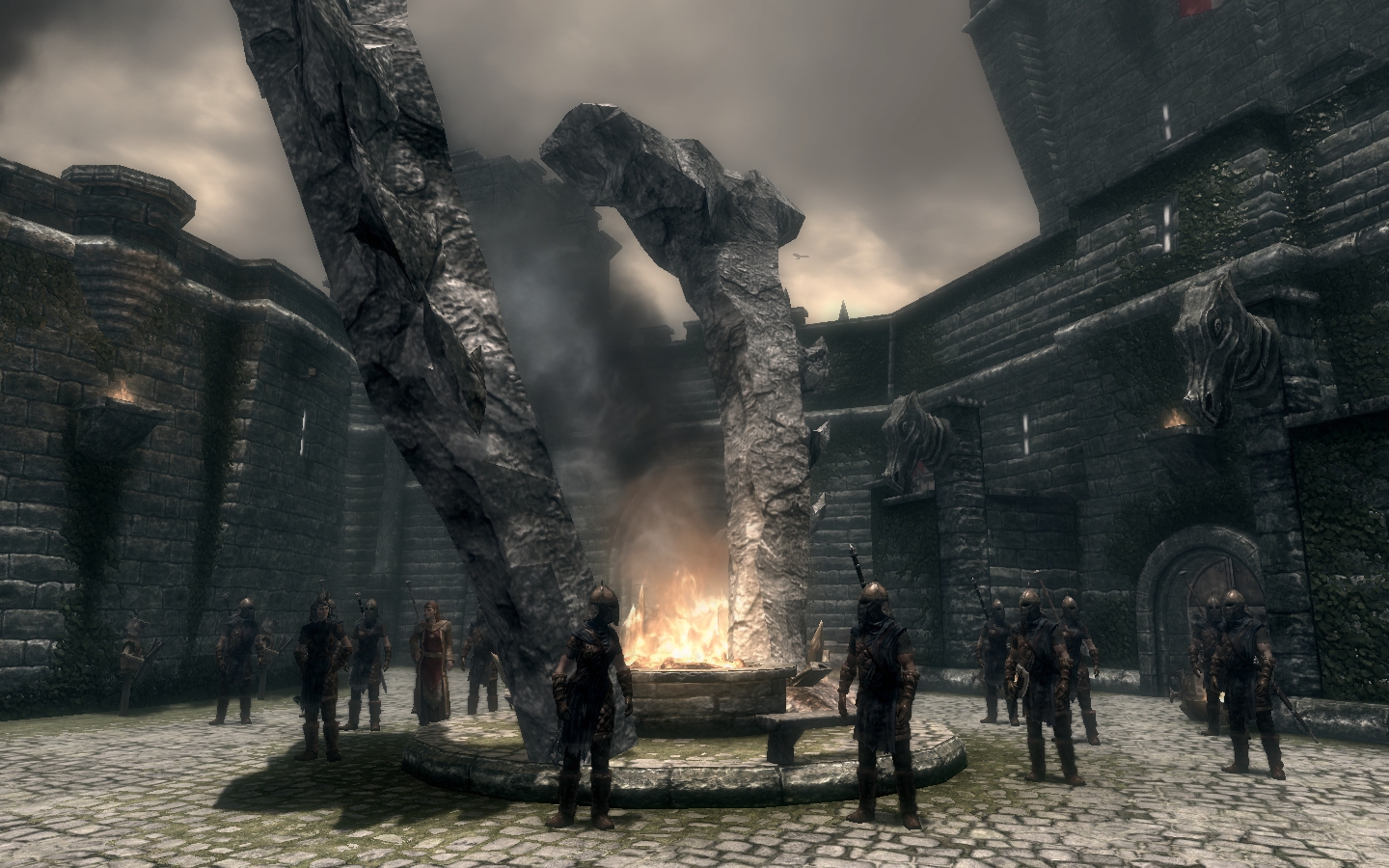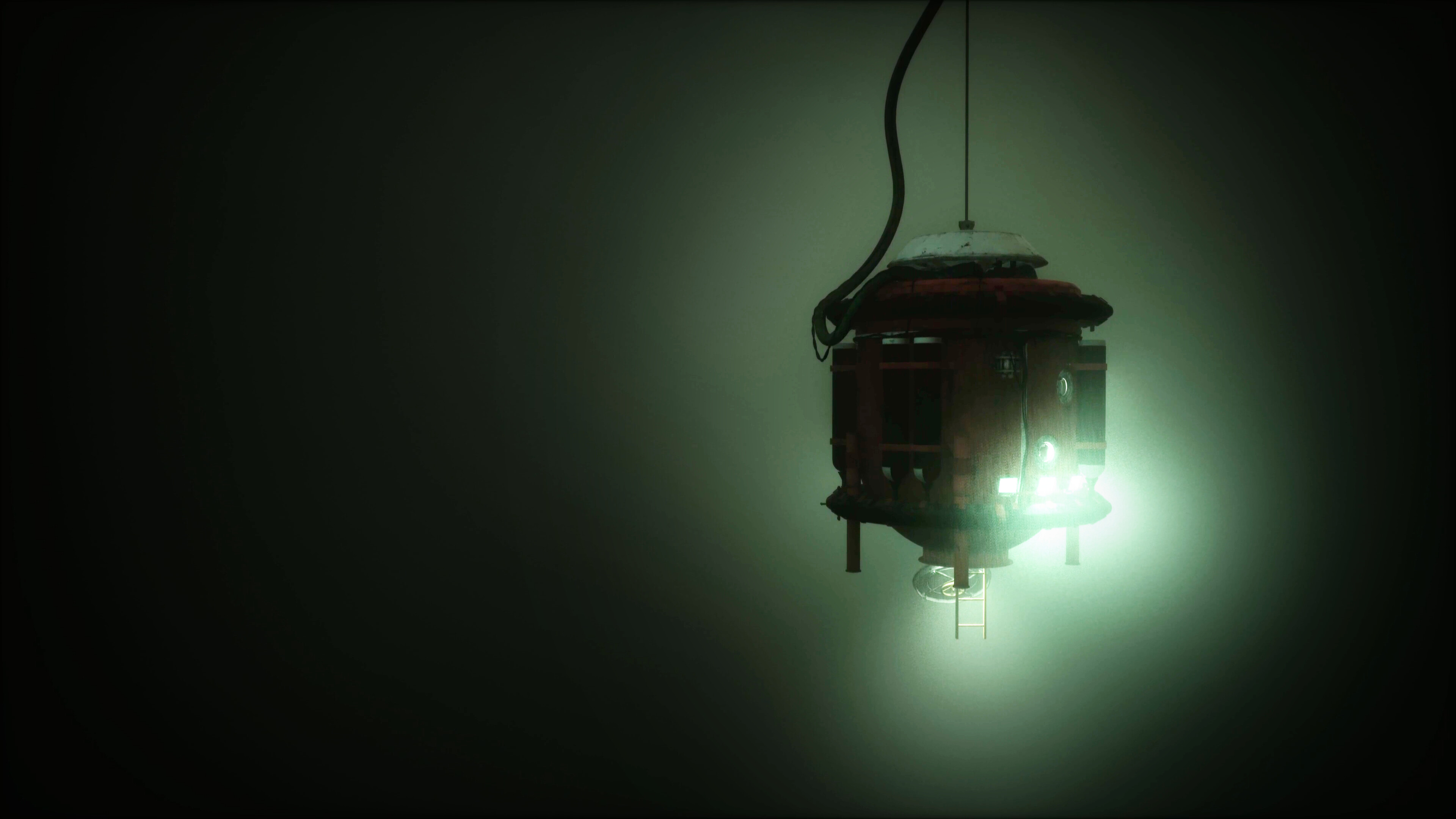
The ghosts of Elder Scrolls' modding past are already rearing their heads.
Birds fly, the sun shines, water is wet, and Bethesda games get unofficial patches. There’s Morrowind’s Patch for Purists, the Yukichigai Patch for New Vegas (an Obsidian game, but Bethesda’s engine down to its bones), even a Community Patch for Starfield. This is an immutable law of the universe, and not even wrapping original Oblivion in an Unreal Engine 5 layer makes it any less true.
So I doubt anyone was too surprised when a mod, by an author named Arthmoor, called the Unofficial Oblivion Remastered Patch – UORP popped up on Nexus Mods just one week after Oblivion Remastered launched on April 22. What might be surprising, if you’re not all that wired into the Bethesda mod scene, is how angry that made everyone.
“Warning,” read a popular post on the Oblivion Modding subreddit that went up barely two hours after the UORP hit the Nexus, “Don’t use Arthmoor’s new [Oblivion Remastered] patch.” Calling Arthmoor “notoriously controversial,” the post’s writer strongly encouraged the Oblivion community as a whole to ignore the patch: “It’s essential that as many people as possible ignore his mods.”
Which is more drama than you’d expect from a collection of Oblivion bugfixes, but tensions between Arthmoor and the wider mod scene run deep and long. Infamously, Arthmoor was behind ‘Gategate’—the brouhaha that occurred when he updated his popular Open Cities mod for Skyrim (you’ve probably used it; it’s the one that removes load screens when entering places like Whiterun and Solitude) to add ‘lore-friendly’ fossilised Oblivion gates to Skyrim’s cities, relics of the Oblivion Crisis in The Elder Scrolls 4.
Users weren’t thrilled by the feature creep, nor the resulting war between Arthmoor and other modders who attempted to patch the gates out. After a prolonged back-and-forth, Arthmoor eventually made the gates toggleable.
Nor were they thrilled when his Unofficial Skyrim Patch, which incorporates changes that some players view less as bugfixes and more as Arthmoor’s subjective preferences (switching a particular mine from ebony to iron, for instance) became more or less a mandatory prerequisite for installing all sorts of other mods on Nexus, as plenty of modders relied on the fixes Arthmoor and his team had made in the patch.
People rankled at Arthmoor being handed a great deal of control over Skyrim modding in general; for all intents and purposes baking in his preferences and changes as an immutable part of the modded Skyrim experience.
All that history came bubbling back up when Arthmoor’s name popped up on the Nexus Mods page for Oblivion Remastered. The warning post on the Oblivion Modding subreddit attracted over a thousand upvotes, while the author compared the UORP with Arthmoor’s original patch for 2006’s Oblivion and accused him, essentially, of copying it “without proper testing… making such extensive changes to so many records is far too risky, especially when the integration method between UE5 and the TES engine has yet to be fully understood.”
That pretty much sums up the general tenor of the community response, with other players accusing Arthmoor and his team of porting the original patch “hastily just so he could stake a monopoly on unofficial patches again,” fearing another scenario where Arthmoor’s patch becomes a de facto prerequisite for huge swathes of Oblivion Remastered’s future mods. Reports of new issues introduced by the patch—a crash when entering certain stores, Argonian tails suddenly flipping to the front of their bodies and looking, well, quite phallic—didn’t help matters.
For what it’s worth, Arthmoor and co say they’ve updated the patch already to fix the crashes, and I’ve tested it myself and found no additional problems caused by the patch: no crashes on the bugbear shops, no alarmingly well-endowed Argonians.
I also got in touch with Arthmoor to ask if he had a response to accusations that he had hastily ported over his old patch in an attempt to stake a monopoly on Oblivion Remastered modding. He told me “claims that the UORP is a direct unmodified port of the original [Unofficial Oblivion Patch] are incorrect.
“Over the last week since the release of the remaster, I’ve been combing over the records in detail.” Arthmoor says that the UORP removes fixes from the original Unofficial Oblivion Patch that have been replicated by Bethesda and Virtuos in the remaster.
“There were instances where they’d simply absorbed a fix directly from the UOP, which is great! The entire community will now benefit from those fixes even on consoles.” Arthmoor says a great many original Unofficial Patch changes—a number of changes to object positioning, script changes, and other tweaks that don’t jibe with how Oblivion Remastered is built or have been fixed by the devs themselves—have been removed from UORP.
“As far as staking an early claim, that’s not what we’re about on the project. It never has been. We do what we do because we love Bethesda games as much as everyone else does and we want to have a better experience while playing them.”
Which seems reasonable enough, but as someone who has tested the UORP myself, I’d recommend hanging back for now. While it’s true that I didn’t notice new bugs caused by the patch, I also haven’t run into any bugs in Oblivion Remastered that urgently demand one (though, don’t get me wrong, I have absolutely run into some lower-priority bugs in my time with the base game).
With Bethesda still actively working on patches and suggestions for Oblivion Remastered, and Arthmoor and his team still working on UORP, it seems like your best bet is to just wait for the dust to settle, and that’s before you even set foot into the knotty questions about de-facto coups in the Oblivion Remastered mod scene.
Oblivion console commands: Cheats new and old
Oblivion lockpicks: Where and how to use them
Oblivion vampirism cure: Rid yourself of the affliction
Oblivion thieves guild: How to join the crew
Oblivion persuasion: Master the minigame







